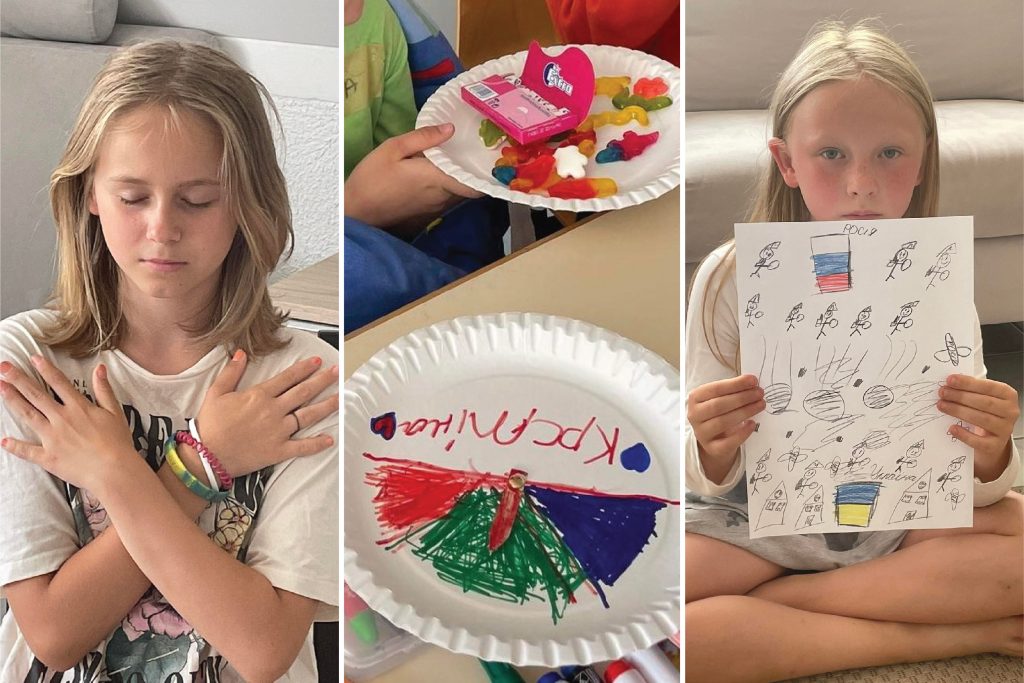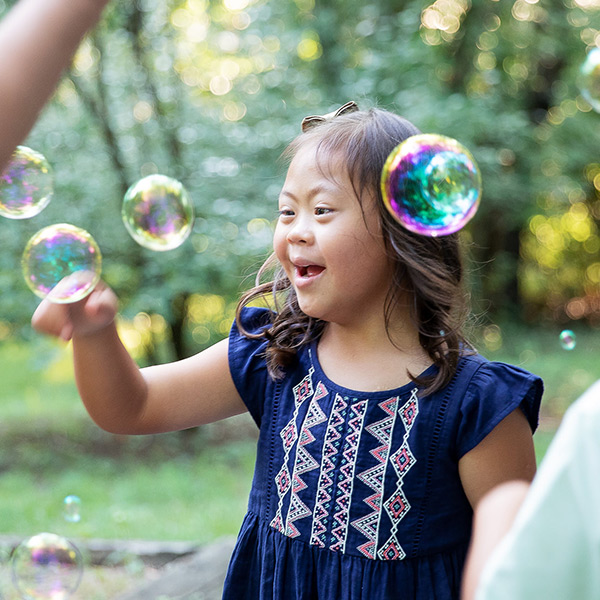Hope for Ukraine: A Follow-Up

This is a second installment of our Hope for Ukraine blog post, published in April 2022.
After the war in Ukraine began, many children who had been orphaned along with their primary caregivers were evacuated from Ukraine. Many families impacted by adoption and/or foster care were also forced to leave the region, finding refuge in neighboring Eastern European countries. As you might imagine, these children, caregivers, and families witnessed atrocities while in Ukraine. Many saw the bombing of their cities, some were under fire from the Russian military, and some had their homes destroyed. And many children were separated from their siblings as well as their adoptive and/or foster care fathers, who had to remain in Ukraine.
As a result, many children and adults have developed symptoms of post-traumatic stress disorder (PTSD). A majority of these children already struggle with complex developmental trauma, so this additional trauma from the war in Ukraine has caused significant regressions as well as triggered behavioral challenges. Acute stress symptoms such as sleep disorders and nightmares, eating disorders, uncontrolled aggression, mood swings, suicidal thoughts, depression, enuresis and encopresis, and self-harm have been exhibited by many of the children. And almost all of the children have shared about feeling unsafe, losing control over their lives, and the images of traumatic events they are re-experiencing.
Through psychological consultations, trauma therapies, and the use of Trust-Based Relational Intervention® (TBRI®) strategies, counselors have worked with children and caregivers to:
– Process the traumatic events of war and improve mental health and quality of life.
– Give a voice and sense of security back to the children and their caregivers.
– Teach children healthy socioemotional and behavioral skills.
– Employ art therapy as a therapeutic technique.
As a result of this work, participants have learned:
– To use their words to express what they feel and where they feel these feelings in the body.
– Stabilization techniques in different states, especially fear, anxiety, and helplessness.
– To express emotions in ways that do not harm others or themselves.
– To create boundaries and find healthy interpersonal compromise.
We here at Show Hope are honored and humbled to play a part in this story that includes bringing hope and healing to children, caregivers, parents, and families. Through your prayers, support, and generosity, we are honored to share that we have been able to donate more than $100,000 to these relief efforts in partnership with A Family for Every Orphan, a Christian organization that helps children who have been orphaned find care in safe and loving families in their home countries.
Still today, as the war in Ukraine rages on, we continue to pray for children, caregivers, families, the governments, and its leaders there. We are truly humbled and astounded by the way God has allowed us to play a part in support efforts, and we eagerly await more opportunities he may bring our way. Thank you for praying with us and for your tireless, generous support of Show Hope. This work is not possible without you.
_______________________________
Much of the above information was provided by our friends at A Family for Every Orphan. We are grateful for their partnership and the work they are doing—all for the glory of God and his kingdom.


